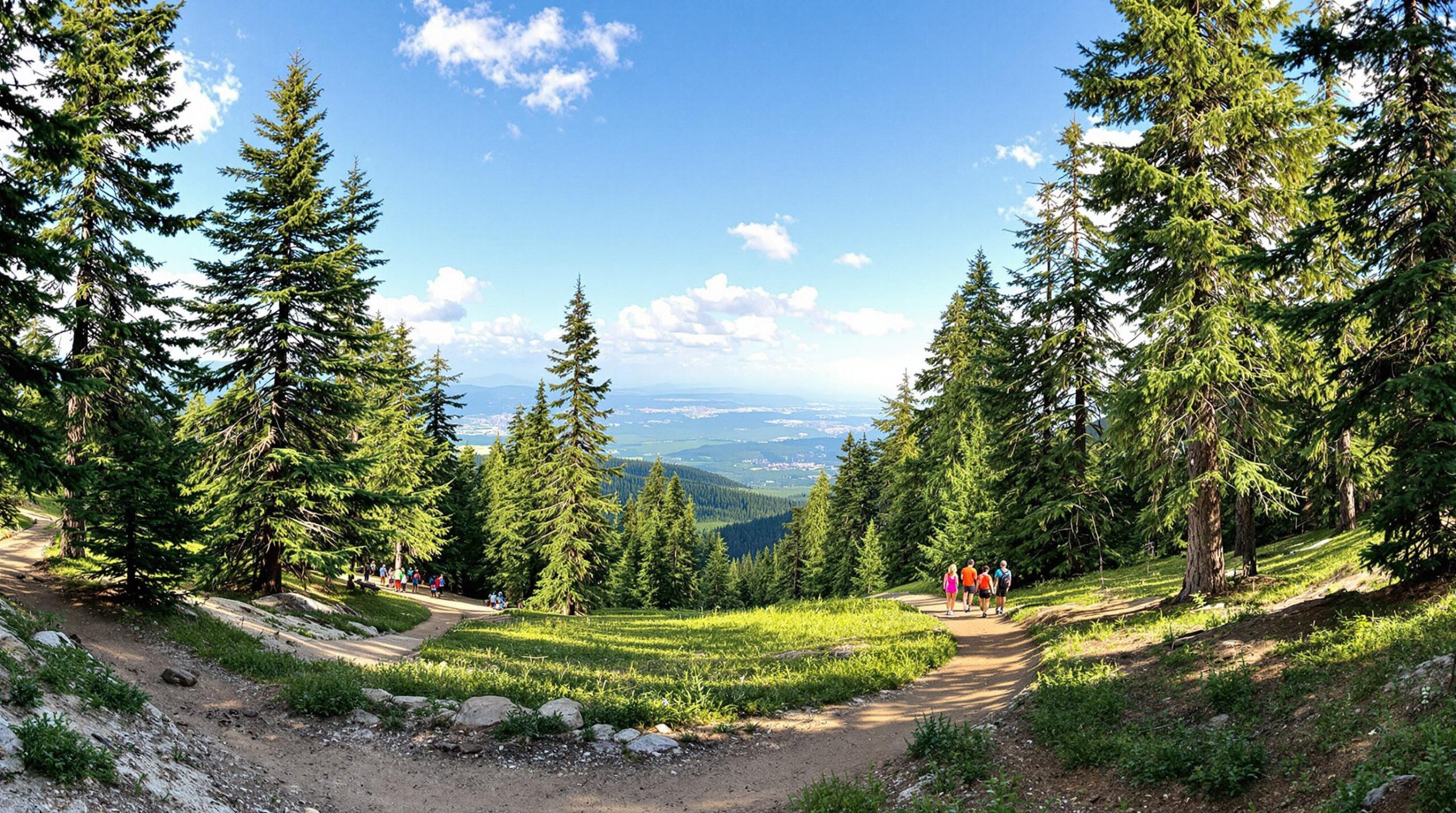Interior Secretary Doug Burgum recently issued a directive to keep national parks fully open despite the reportedly attempted firing of about 1,000 probationary workers. According to data from the Department of Interior, about 1,500 permanent employees have left since January 2025 through a combination of voluntary separations and layoffs in an Associated Press report. Some positions were restored after a judge’s order, though it remains unclear if a hiring freeze is still in effect.
The order states each park unit must receive higher-level approval before reducing services. It notes every facility “is properly staffed to support the operating hours and needs of each park unit” and that “any closures or reductions to operating hours, seasons, or any visitor services (including trails and campgrounds), in whole or in part, must be reviewed by the NPS Director and the Assistant Secretary for Fish and Wildlife and Parks prior to any reduction action by the individual park units,” in park instructions (subject to editorial confirmation).
Burgum indicated leadership remains intent on keeping popular sites accessible, though exact details have not been publicly released. He has emphasized that local superintendents should coordinate with the Department of the Interior before implementing any service reductions. Park administrators and other stakeholders continue to assess how this mandate will affect day-to-day operations.
Several national park units have grappled with uncertain staffing. Florissant Fossil Beds National Monument reportedly adjusted operating days in response to fewer available rangers, and officials at Arches National Park have paused some ranger-led tours. Great Smoky Mountains National Park has seen campground closures tied to delayed seasonal staff. Park managers caution that if workforce reductions continue, trash removal and trail maintenance could fall behind schedule.
No formal announcements of immediate service closures have emerged at Grand Canyon National Park, which welcomes approximately 6 million annual visitors based on recent estimates. Park staff in that region remain watchful, noting that ongoing workforce losses might eventually affect trail repairs, interpretive programs, and certain emergency response operations if budgeting and hiring slow further.
Several public figures, including Bruce Westerman, chairman of the House Committee on Natural Resources, have expressed support for Burgum’s approach. Westerman stated, “As we head into the summer months, millions of Americans and visitors from around the world will be enjoying our beautiful national parks.” He argued that requiring higher-level oversight on closures helps preserve tourism-dependent economies in gateway communities.
Rick Mossman, president of the Arizona-based Association of National Park Rangers, cautioned about future losses, saying many rangers “are bracing for another reduction in force expected in the very near future.” Jennifer Rokala of the Denver-based Center for Western Priorities claimed the directive leaves the public “completely in the dark about all the decisions,” raising concerns over potential harm to economies near the parks.
Kristen Brengel, senior vice president for government affairs at the National Parks Conservation Association, stated the order “requires park superintendents and managers to be micromanaged by political appointees” and warned about possible conflicts with the National Park Service Organic Act. She called it “a dangerous proposition for our national parks,” advocating retraction of the directive.
Emily Thompson, executive director of the Coalition to Protect America’s National Parks, described the measure as “inappropriate and impractical,” asserting that forcing local leaders to seek approval for schedule changes undercuts the practical realities of managing visitor demands. She argued that staffing cutbacks could become less visible to the public while ongoing problems linger behind the scenes.
Some privately run campgrounds and RV parks facing labor constraints have adopted proactive retention strategies. Industry data suggests cross-training staff can reduce seasonal turnover by as much as 15% in hospitality roles, helping maintain consistent operations when certain positions are understaffed or delayed. Flexible scheduling and recognition programs have also been reported to keep qualified workers on board.
Operators in these private settings strive to protect visitor experiences through advanced planning. A recognized industry study indicates that implementing automated reservation systems can reduce overall check-in wait times and backlogged maintenance requests by nearly 20%. Digital management tools, paired with clear cleaning schedules and a positive work culture, help keep facilities safe and functional for arriving guests.
This approach parallels measures some national parks are attempting, though on a smaller scale. When staff is limited, leveraging self-service options and prominently displayed safety resources can reduce pressure on frontline employees. Creating thorough checklists for essential upkeep can keep trash collection, restrooms, and trails up to standard. These methods aim to sustain a welcoming environment even if workload increases.
Overall, the long-term impact of Burgum’s directive on national parks hinges on budget allocations and future policy adjustments. Public officials, nonprofit leaders, and park staff remain focused on ensuring these sites stay clean, accessible, and secure. If more staffing gaps arise, private properties with robust workforce strategies may stand out to visitors seeking high-quality outdoor experiences.


